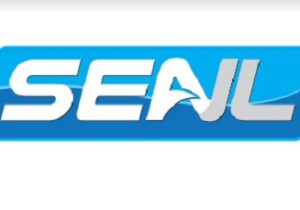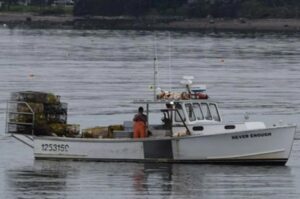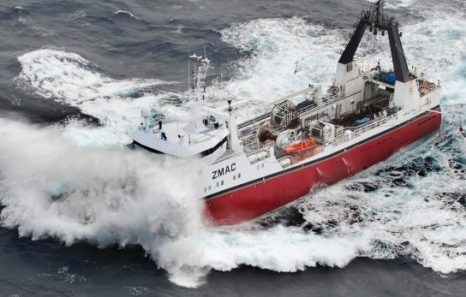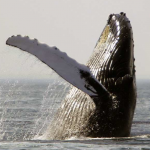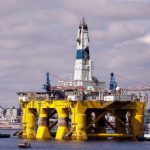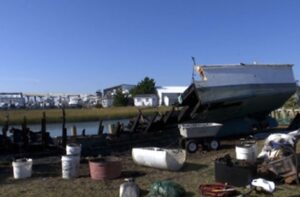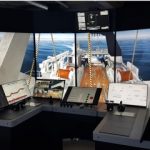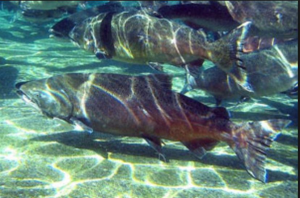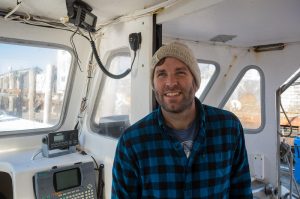DFO’s refusal to extend Gulf halibut fishery damning inditement of safety culture: SEA-NL
Fisheries and Oceans’ decision not to extend the halibut fishery in the Gulf of St. Lawrence for the province’s inshore harvesters who didn’t catch their quotas due to poor weather is a damning incitement of its safety culture, says Merv Wiseman, an outspoken search and rescue advocate.
“DFO is telling fishermen if you don’t go to sea because of bad weather you’re going to lose your fish,” said Wiseman, an organizer behind Seaward Enterprises Association of Newfoundland and Labrador (SEA-NL), a new group representing licensed, independent owner-operator fish harvesters.
“Putting extra pressure on fishermen to make decisions contrary to safety is a recipe for disaster that we’ve seen play out too many times.”
Harvesters on Newfoundland’s west coast who fish in the Gulf of St. Lawrence had to choose in early spring one of six, two-week periods over the course of the summer to fish their small, 1,700/lb halibut quota.
Only some harvesters weren’t able to catch their fish because of poor weather, and DFO has refused to extend the season for them. Many harvesters believe they should be allowed to catch halibut anytime in the June to October fishing season.
DFO has said lengthening the fishing season could result in less fish per harvester because quotas were calculated on the assumption that not everyone would fish. DFO has also said lengthening the season could result in higher dockside monitoring costs.
A Transportation Safety Board (TSB) report into the 2016 drowning of four Shea Heights fishermen found they took a risk in going out in questionable weather in order to land their weekly cod quota, and to recover fishing gear before deadline.
Another TSB report into the 2015 drownings of three Placentia Bay fishermen found the skipper was under pressure to fish crab, as he hadn’t caught any of his quota two weeks before the end of the season.
Wiseman questioned whether anything was learned from those two tragedies, and others over the years. He pointed out that Transport Canada and DFO signed a memorandum of understanding as far back as 2005 to collaborate more closely on fishing vessel safety, but that isn’t happening.
“DFO policies are potentially contributing to risky situations and putting lives at risk, but nothing has changed,” Wiseman said.
Contact Ryan Cleary
SEA-NL
Seaward Enterprises Association of Newfoundland and Labrador Inc.






